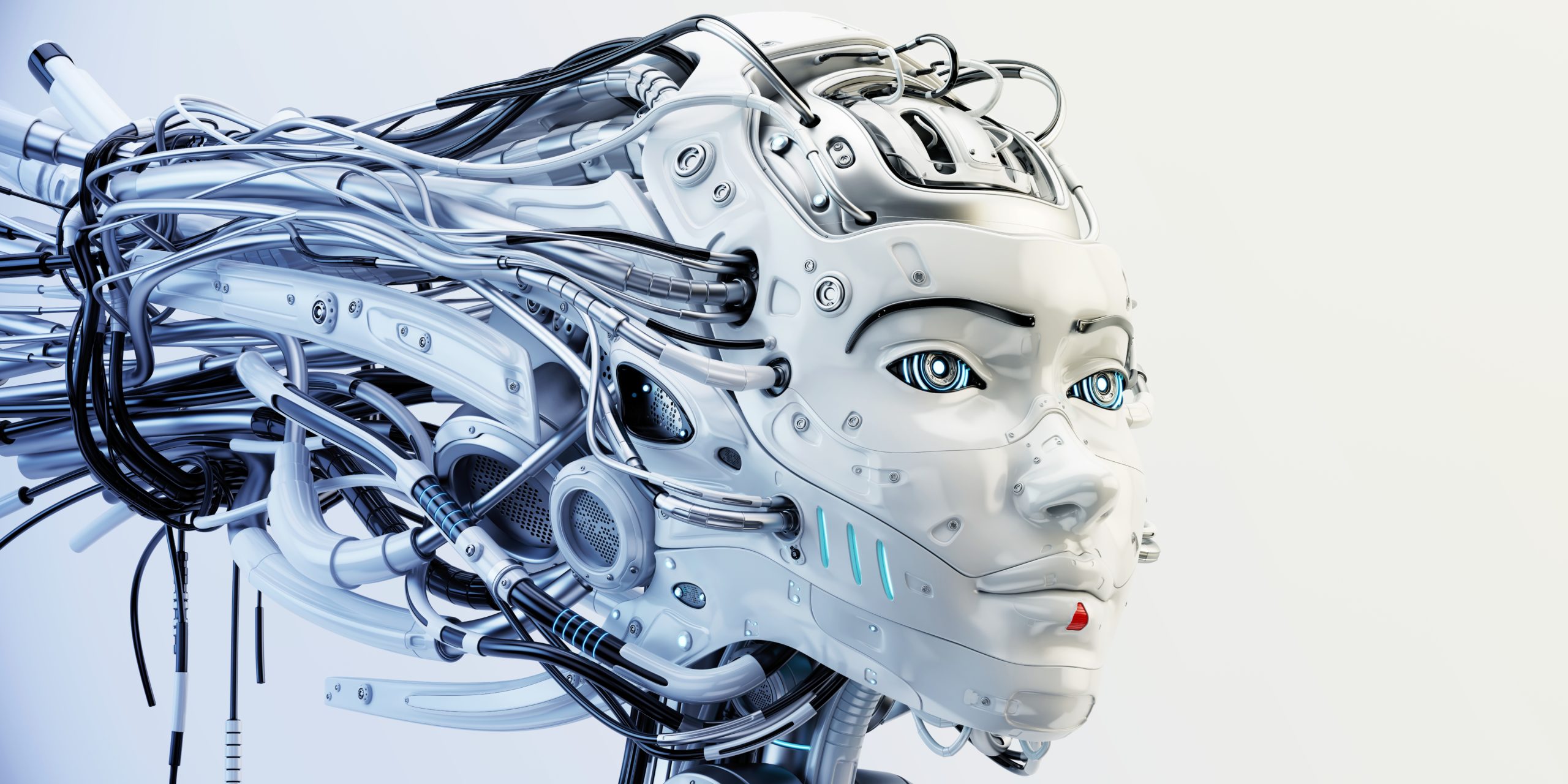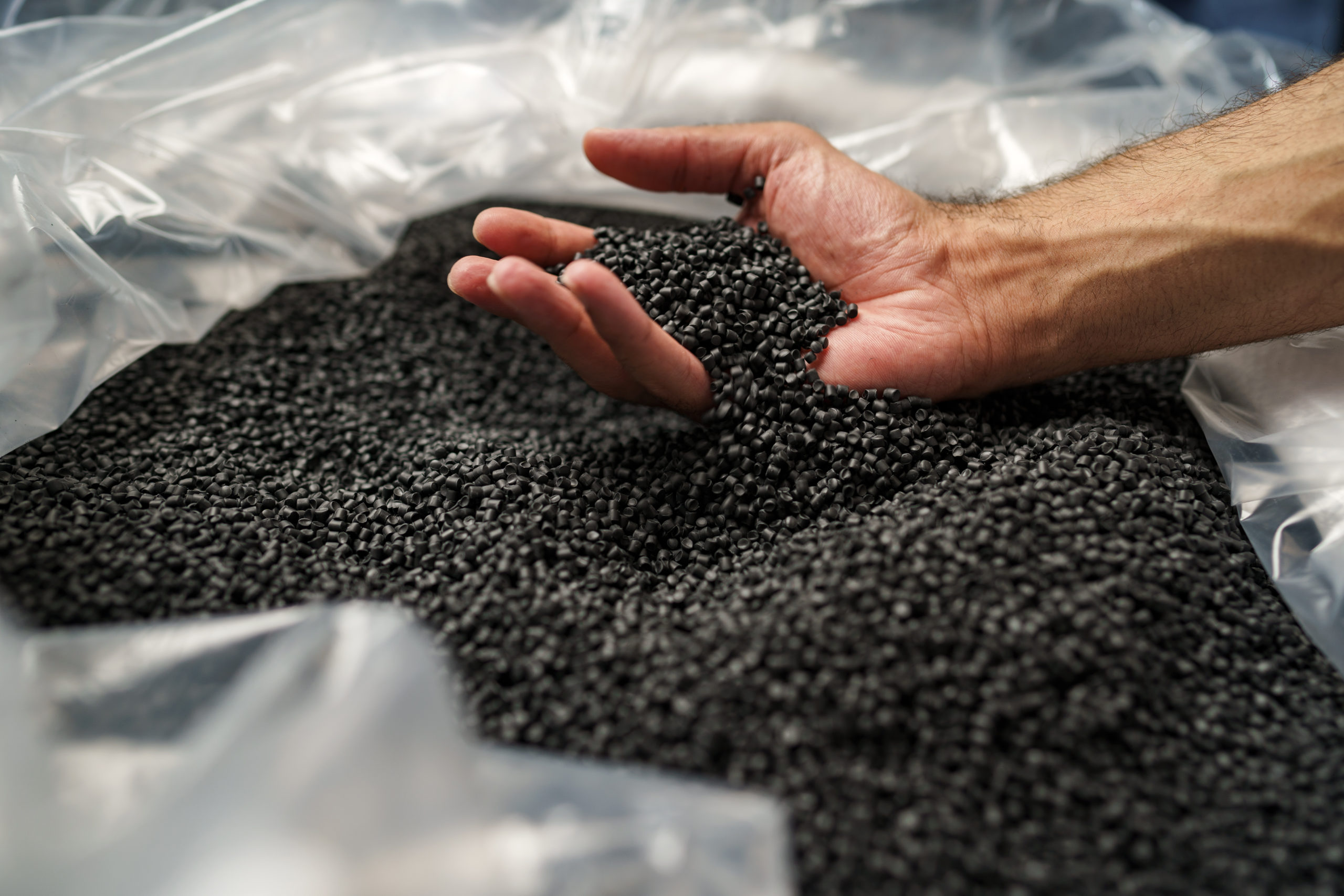The plastics industry is undergoing a veritable revolution thanks to the growing integration of automation and artificial intelligence (AI). These tools are becoming essential for optimizing transformation processes, improving distribution, and responding more effectively to customer expectations. In this article, we explore how automation and AI are transforming this sector, bringing significant benefits to producers, distributors and end-users alike.
Why embrace automation and AI?
- Save valuable timeAutomating repetitive tasks cuts production times and speeds up decision-making. AI-based tools, such as machine learning algorithms, rapidly analyze massive volumes of data to propose appropriate solutions in record time.
- Enhanced performance: automated machines guarantee unrivalled precision in transformation processes, whether plastic injection, thermoforming or extrusion. AI comes to the rescue by anticipating breakdowns, optimizing production parameters, and ensuring consistent product quality.
- Reinforced compliance In France: environmental and material safety regulations demand rigorous traceability and compliance. AI-based systems help track production batches, guarantee raw material compliance and meet specification requirements.
Impact on plastics processing
- Process optimization: in production workshops, collaborative robots (cobots) join forces with operators to carry out complex tasks, such as assembly or quality control. AI can analyze molding parameters to minimize defects and reduce material waste.
- Predictive maintenance: thanks to connected sensors and AI algorithms, it is now possible to detect anomalies before they cause production interruptions. This reduces the cost of unscheduled downtime and extends equipment life.
- Waste reduction: by adjusting production parameters in real time, AI helps to minimize waste and optimize the use of raw materials, an essential step in an eco-design approach.
Tools for intelligent distribution
Choosing the right material thanks to AI For distributors, the integration of digital tools enables them to better support their customers. Intelligent platforms can analyze the specific needs expressed in a specification (strength, lightness, cost, standard, etc.) and quickly recommend the most suitable polymers.
Optimized inventory management : automation and AI help retailers anticipate demand, avoid stock-outs, and optimize their logistics, reducing delivery times.
Improved customer care : AI makes it easier to tailor offers to customers’ needs, and to offer customized solutions, whether for standard materials or specific formulations.
The future: connected producers, distributors and customers
Tomorrow’s producers, distributors and customers will operate in an increasingly interconnected ecosystem. Automation and AI will play a central role in :
- Real-time collaboration: integrated information systems will enable the various players to share crucial data instantly.
- Product innovation: digital tools will encourage the emergence of ever more efficient materials, adapted to market trends.
- Sustainability: by optimizing processes and reducing waste, automation and AI also contribute to a more environmentally-friendly business model.
Automation and artificial intelligence are redefining standards in the plastics industry. By improving speed, performance and compliance, they are becoming essential solutions for meeting market requirements and anticipating future needs.
Here are some examples of software designed for the plastics industry that can incorporate artificial intelligence functionalities:
- ProcessMiner: optimizes process quality and performance by detecting faults and anticipating breakdowns thanks to machine learning.
- OMNIA: facilitates real-time management of production lines to improve operational efficiency.
- Moldex3D and Autodesk Moldflow: simulate polymer behavior during injection to reduce design errors.
- Bright Machines: automates assembly and quality control of complex plastic components.
At AMP-POLYMIX Groupwe firmly believe in the importance of these technologies to support our partners at every stage: from the selection of materials to the implementation of the most advanced processes.




Leave a Reply